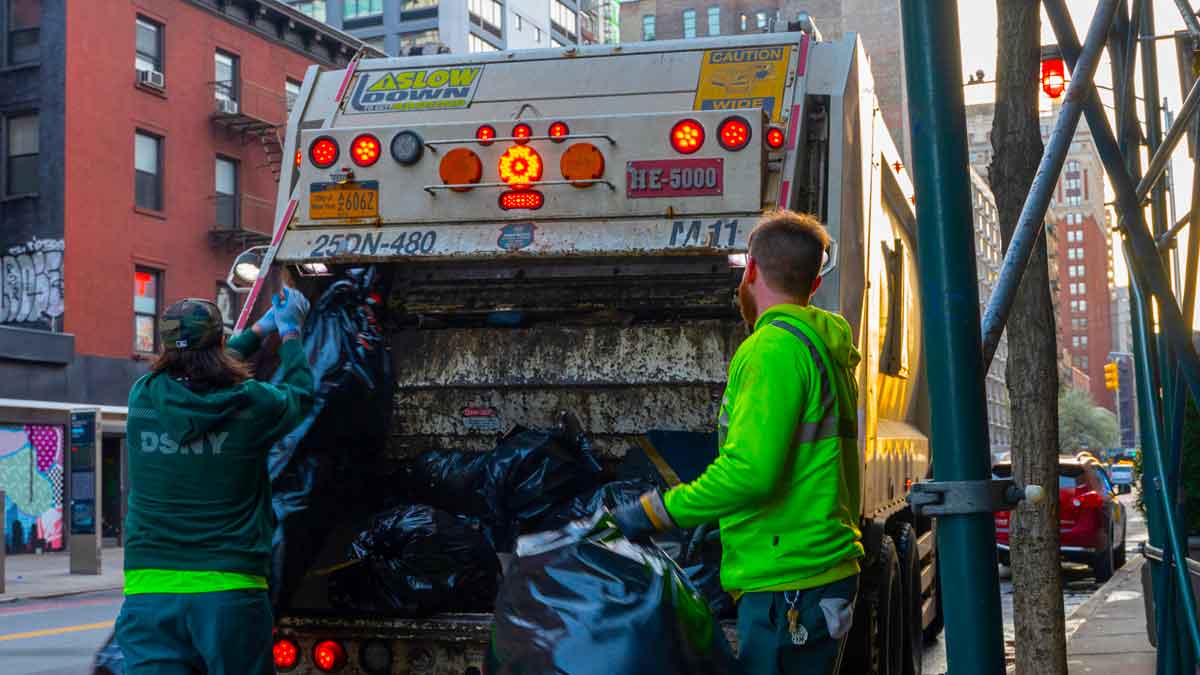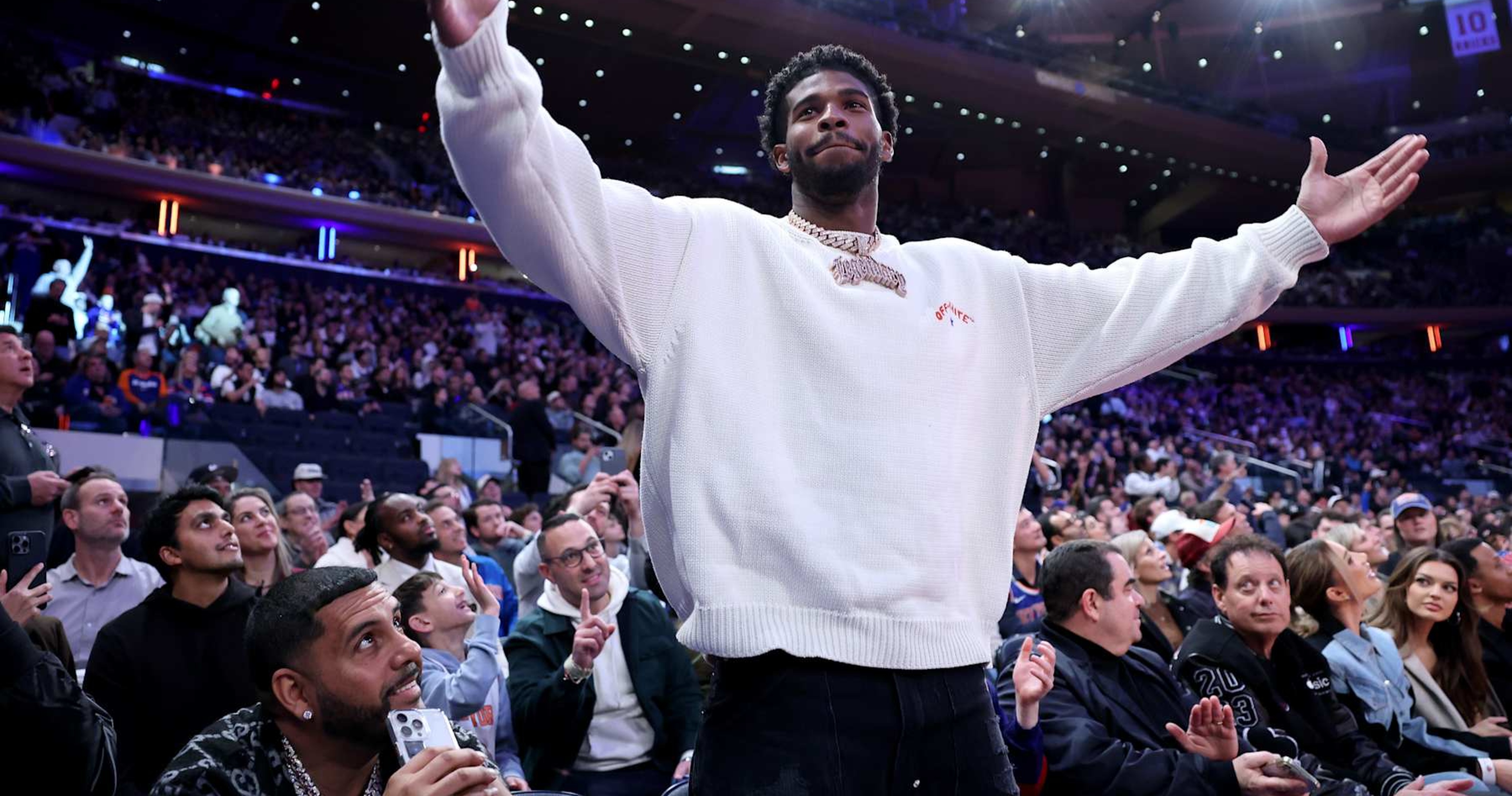Bussiness
TD Bank fined $3B for failing to prevent money laundering by drug cartels

TD Bank was slapped with a whopping $3 billion fine and pleaded guilty Thursday to federal charges of failing to monitor money laundering by drug cartels and other criminal gangs.
The Department of Justice launched a probe in May after learning that drug traffickers funneled hundreds of millions of their ill-gotten gains — much of it from fentanyl-smuggling operations — through TD Bank branches in New York and New Jersey.
Officials at TD, the 10th largest bank in the United States, struck a plea deal to pay the eye-popping penalty, which be split between the Justice Department, banking regulators and the Treasury Department.
As part of the deal, the bank will also be hit with a rare asset cap that will severely cripple its US expansion plans.
“TD Bank chose profits over compliance in order to keep its costs down,” Attorney General Merrick Garland said.
It become the largest bank to admit to violating the US Bank Secrecy Act, a piece of legislation passed in 1970 aimed at cutting criminals off from America’s banks.
Two units of the financial lender pleaded guilty to conspiring to launder money and conspiring to fail or file accurate reports or run a complaint anti-money laundering program.
The DOJ said its probe found TD had ignored red flags from high-risk customers and created a “convenient” environment for bad actors to exploit.
Bank employees “openly joked” about the lack of compliance, Garland said earlier on Thursday.
The asset cap, imposed by the Office of the Comptroller of the Currency, is a rare step typically reserved for the most severe fraud cases.
It deals a major blow to TD as it eyes an expansion in the US market that amounts to a third of its income.
“This is a difficult chapter in our Bank’s history. These failures took place on my watch as CEO and I apologize to all our stakeholders,” CEO Bharat Masrani said in a statement.
Hard-left Massachusetts Senator Elizabeth Warren slammed the decision, saying the fines were not large enough.
“Big banks treat government fines as the cost of doing business,” Warren said. “This settlement lets bad bank executives off the hook for allowing TD Bank to be used as a criminal slush fund. The Department of Justice and the Office of the Comptroller of the Currency need to do better in enforcing our anti-money laundering laws.”
TD Bank’s issues were known at every level of the bank, according to the DOJ.
Its investigation said that in some cases TD did not flag suspicious activity until law enforcement raised attention to it and at times, tellers accepted gift cards as bribes.
“It is no wonder, then, that the motto America’s most convenient bank was used as a joke among employees to describe TD Bank being convenient for criminals,” said US Attorney for New Jersey Philip Sellinger.
The plea deal also slaps a ban on TD Bank opening a new branch or entering a new market without approval from US regulators.
Cormark Securities analyst Lemar Persaud called the asset cap “the worst case scenario” prior to the plea deal being announced.
The TD probe has led to “significant underperformance of the stock and, we believe, the retirement of the current CEO Bharat Masrani,” Persaud said.
Since the Wall Street Journal broke the news of the investigation earlier this year, TD has instituted new compliance programs and fired dozens of staff at its US branches.
The beleaguered lender has also named its Canadian personal banking head Ray Chun as the bank’s next CEO.
Current CEO Masrani, who has been at the helm for nearly a decade and previously led its US operations, will retire next year.
TD is now clawing back executive compensation, authorities said, noting that the bank has become the first company to agree prospectively to do so.
Last year, TD Bank paid $1.2 billion to settle allegations that it took part in an infamous $7 billion Ponzi scheme orchestrated by disgraced financier Allen Stanford.
The money was used to pay back Stanford’s victims but the bank denied any wrongdoing.










